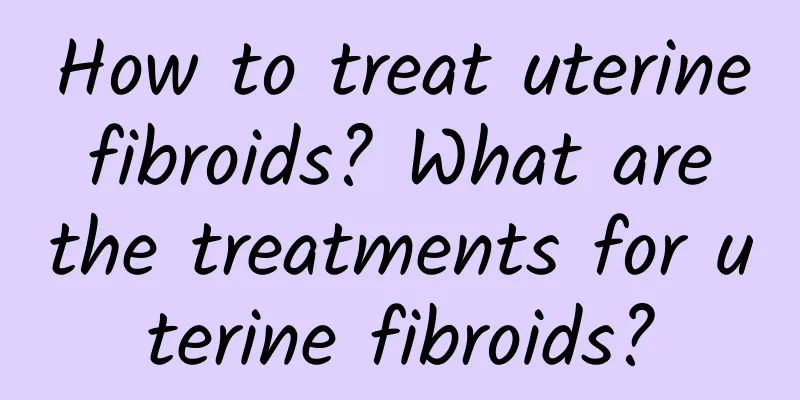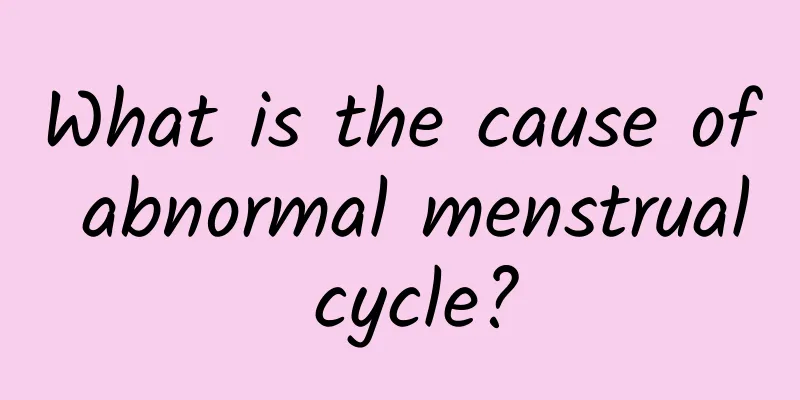What to do if you are not in menopause at 55?

|
It may be normal if you have not reached menopause at the age of 55 and no special treatment is needed. It may also be caused by endometritis, endometrial hyperplasia, endometrial polyps, uterine fibroids, etc. Once physical discomfort symptoms appear, you need to seek medical attention in time for examination. The condition can be improved through medication or surgery. 1. Normal phenomenon: As women age, their ovarian function declines. If a 55-year-old woman is in good health and has good ovarian function, her menopause will be relatively late. Therefore, not having menopause at the age of 55 is a normal physiological phenomenon and does not require special intervention or treatment. 2. Endometritis: If women do not maintain good private hygiene, inflammation will invade the endometrium, causing necrosis and shedding of endometrial tissue, accompanied by symptoms of vulvar itching and increased vaginal discharge, which may also affect the timing of menopause. You can take antibiotics such as amoxicillin capsules, penicillin V potassium tablets, and levofloxacin hydrochloride capsules under the guidance of a doctor. You can use warm water to wash the vulva every night to keep the private parts clean. 3. Endometrial hyperplasia: If the estrogen level in a woman's body is high, it will stimulate the endometrium and cause abnormal proliferation of the endometrium, which can easily delay the time of menopause and cause symptoms of abnormal uterine bleeding. At this time, you can choose curettage treatment under the doctor's operation. Sexual intercourse is prohibited within one month after the operation to avoid increasing the risk of infection. 4. Endometrial polyps: Under the stimulation of inflammation, the endometrial tissue will have abnormal proliferation of growths. As the polyps continue to grow, they may rupture, resulting in abnormal uterine bleeding, delayed menstruation and other symptoms. Endometrial polypectomy can be chosen for treatment. After the operation, you should go to the hospital for a follow-up check every 2 to 4 weeks to understand the recovery of your body. 5. Uterine fibroids: It is a benign tumor formed by the proliferation of uterine smooth muscle tissue. The occurrence of this disease is related to genetic factors and hormone level disorders in the body. After suffering from uterine fibroids, symptoms such as increased menstrual volume, delayed menstruation, and abdominal pain will appear. Surgical treatments such as uterine myomectomy and total hysterectomy can be selected. After the operation, you need to eat more nutritious foods such as eggs and lean meat to help speed up your body's recovery. Women must keep their emotions stable during menopause. They can do 30 minutes of aerobic exercise every day, such as running, skipping rope, playing ball, etc. This can enhance their physical fitness and is beneficial to their health. |
<<: 15-year-old girl vomits due to menstruation
>>: How to treat simple endometrial thickening
Recommend
What are the early symptoms of ectopic pregnancy?
Ectopic pregnancy is a very common situation in o...
What should I pay attention to when I have uterine effusion?
Uterine effusion is also called intrauterine effu...
What should be considered when considering the cost of painless abortion surgery?
As many women begin to use painless abortion to r...
Women should pay attention to the prevention of dysmenorrhea
Dysmenorrhea is very common for women. Women shou...
Does vaginal inflammation affect menstruation?
Vaginitis generally does not affect menstruation,...
What are the dangers of endometrial tuberculosis?
Surveys show that 20% of female infertility patie...
What are the diagnostic criteria for cervical erosion?
Cervical erosion is a common pathological change ...
How to prevent and care during menopause
Regarding the prevention methods of menopause, ev...
You need to know what to pay attention to after abortion
Do you know what to pay attention to after an abo...
Common health-preserving ingredients can also improve physical fitness (Part 1)
Sweet Potato The most effective anti-cancer ingre...
Slimming tea causes trouble! Woman dies of fulminant hepatitis after drinking for one week
To reduce fatty liver, you should proceed step by...
Understand pelvic inflammatory disease and its symptoms
Some women may also experience increased menstrua...
What are the symptoms of menopause? There are 4 aspects
Menopausal syndrome is a relatively common proble...
Shoulders and neck are sore and painful, are you feeling exhausted from sitting for a long time? Nutritionist Li Yihua: 3 nutrients to help relieve pain
Although shoulder and neck pain may seem like a m...
What tests are needed for fallopian tube tuberculosis
The diagnosis of fallopian tube tuberculosis requ...









